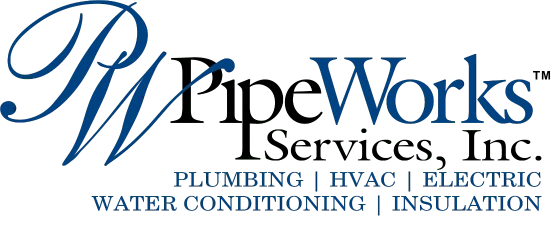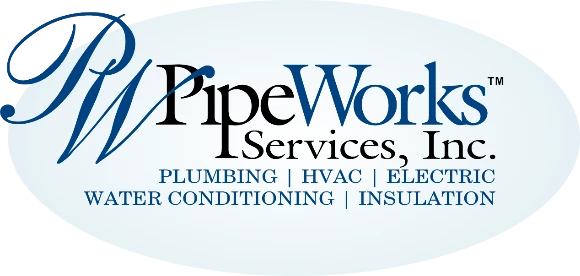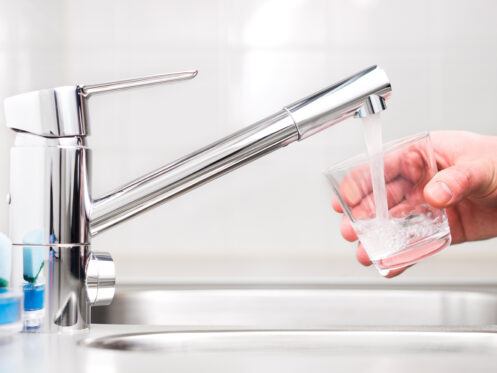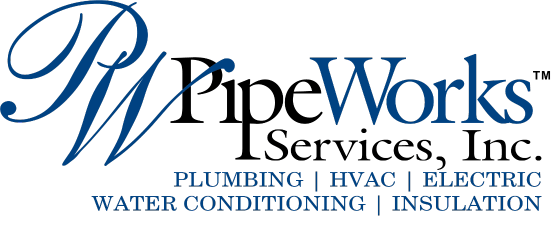Clean water for consumption is a basic human necessity. Water filtration has been at the core of humanity for centuries as people seek ways of purifying water for household and commercial use. The difference is how various generations have done it over the years. Some filtration systems use simple locally available materials such as sand and sediment mesh, while others utilize advanced, complex, and scientifically developed devices.
With all the available options today, choosing a water filtration system that best suits your needs can be challenging. This comprehensive guide to water filtration systems will help you make an informed decision.
Understand the Contaminants in Your Water
Before you choose a suitable filtration system, you need to identify the impurities in the water. They may range from gases and dissolved substances to liquids and solids. Some filters use physical mediums such as traps to remove tangible substances. Other filters combine a hybrid of mechanical, biological, and physical elements to complete the process. Your filter choice should be informed by the kind of impurities in water, among other factors.
Mechanical Filters
Mechanical filters are basic and very common water filtration systems. They are most suitable when cleaning up water with large sediments. Their operation mechanism is simple. Water is channeled through a barrier, and the unwanted particles, such as sand, rust, and debris, are trapped in the mesh or any other suitable material. This filtration system works well as a pre-filtration method, helping arrest large particles. You can follow it up with other filtration methods.
A common type of this system is a ceramic filter that makes use of a complex structure with porous material. It works well in removing ultra-fine organisms. The size of the materials intended for removal determines the kind of mechanical filter you choose. A micron rating is used to determine the suitable filter for various substances. Standard filter sizes include:
- 5 microns – This would ordinarily remove all particles visible to the naked eye.
- 1 micron – You can filter particles that are too small to be seen through a microscope.
- 0.5 micron – You can use this system to filter cysts and other microorganisms.
Reverse Osmosis (RO)
Reverse osmosis is a filtration method where water is forced through a specially constructed semipermeable membrane that can hold various contaminants while allowing water to pass through. You can filter various materials using reverse osmosis, including salts, nitrates, lead, copper, protozoa, bacteria, arsenic, and fluoride.
To increase efficiency when using the reverse osmosis system, it can be combined with other filtration methods, such as mechanical and activated carbon. Reverse osmosis works very well when water with nearly 100% purity is required.
Water goes through several stages within the system, and a significant amount of wastewater is also produced in the process.
Activated Carbon Filters
Filtration using activated carbon is relatively common, particularly in residential households. It’s simple and has a high efficiency in removing common water contaminants. Chlorine and other volatile organic compounds (VOCs) can be filtered through activated carbon systems.
This filtration system uses a special charcoal that is carbon-activated and treated with oxygen or heat. As water flows through the carbon-activated granules, pollutants are trapped on the surface while water continues to flow. Over time, the carbon-activated filters will need to be replaced as the surface area available to trap contaminants diminishes.
The science behind this method stems from the knowledge that carbon has a large surface area, with many nooks and hooks, making it suitable for capturing certain contaminants. Industrial solvents, some disinfectants, and pesticides can be filtered using this method.
It’s essential to engage an expert to help you choose a suitable carbon filter. Since its establishment, Pipe Works Services has guided hundreds of clients throughout Chatham, NJ, in picking and installing the right water filtration systems. We emphasize quality in every task and provide services that keep our reputation high while ensuring your comfort, safety, and utmost satisfaction.
Ultraviolet Filters
This purification method exposes water to high-frequency UV lights, effectively killing a wide range of living organisms. It’s an efficient method for eliminating viruses, bacteria, and other microorganisms. Once the DNA of the microorganism is destroyed, it’s unable to replicate and, therefore, cannot infect other organisms it gets into contact with. This method has a very high efficiency. It’s also preferable because it’s chemical-free and doesn’t alter the taste or color of the water. However, if you are removing large particles and debris, using UV lights will not be the most appropriate method to use.
Ion Exchange Filters
Ion exchange filters are used both in the flirtation and softening of hard water. The method works by removing ions found in hard water and replacing them. Ions such as magnesium and calcium may be replaced with sodium and hydrogen. The filters may be in the form of a small resin carrying the desired ions that are positively charged, hence able to attract the ions you want to filter.
These filters are available in various designs. They mainly come in a solid form, such as small beads placed at strategic points in the water flow system. Even after collecting the maximum possible ions, the resin can be replenished and taken back through the filtration system. In doing this, hard water is softened for use in households and other large-scale uses. However, it’s not a very effective method for the removal of microorganisms.
Sequestration
Sequestration is the process of isolating a substance using chemical means. In sequestration filtering, polyphosphate is the most common additive used in small, food-grade quantities.
As opposed to other systems where impurities are completely removed, the target minerals, such as calcium and magnesium, are retained within the solution while filtering through sequestration. In other words, the unwanted components are inhibited rather than eliminated. This helps to prevent the accumulation of minerals on the surface where the filtered water is used. It’s a good way to avoid corrosion and limescale.
Why Is Water Filtration So Important?
Besides household consumption, water filtration systems have a wide range of users. Here are a few of them.
Industrial Machinery Protection
Water is used widely in a lot of industrial processes. Filtration helps to provide safe and clean water but also to protect the complex and expensive machinery. The idea is to prevent residue from forming and clogging machinery in a way that causes damage.
Product Isolation and Separation
Water filtration systems are beneficial where large amounts of particular deposits are found. The right purification system has to be applied to separate these mineral deposits from water, either for human consumption or industrial use. There are regions where water is plenty but practically not useful since it’s highly contaminated with natural deposits.
System Safety
Water purification also separates various particles from each other. This raises the standard and quality of water as required by various environmental and health safety agencies.
Cost Savings
The up-front investment needed to install a water filtration system should not discourage you from doing it. In the long run, it saves you money by ensuring most of the water that pipes into your home is usable. With clean water running through your pipes, you substantially take care of waterborne diseases that would have a huge implication on a household’s budget.
There are several water filtration systems available in the market today. Before picking and installing any of them, you must understand the kind of purification needed for the kind of water serving your property. Consult Pipe Works Services for a comprehensive evaluation of your water needs and all-round plumbing needs. Call us today or reach us through our official social media platforms.




